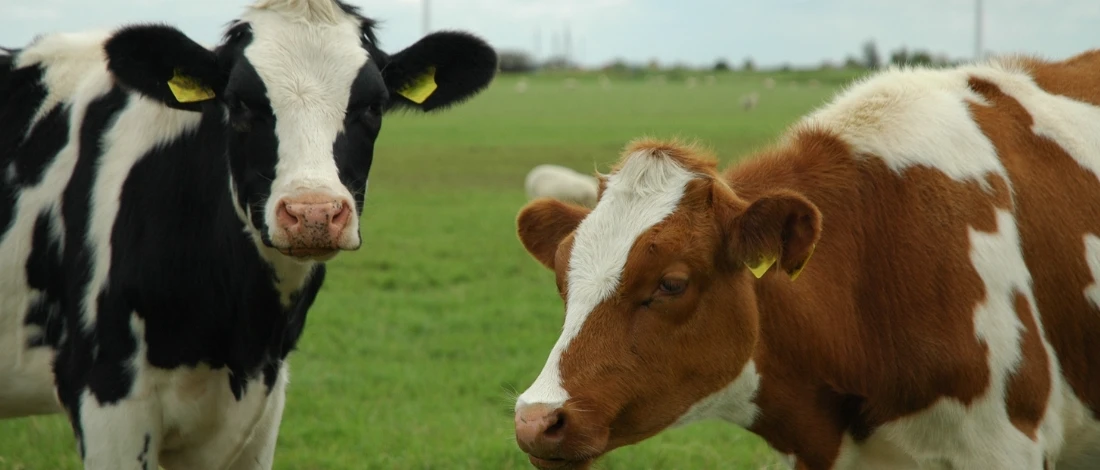Cutting Meat Production in Wealthy Countries Could Drastically Lower Global CO₂ Levels
Scientists are increasingly pointing to modest meat production cuts in wealthier nations as a powerful tool for lowering global carbon emissions.
A recent study estimates that reducing meat production by just 13% in high-income countries could free up land for forest regrowth, potentially capturing around 125 billion tons of carbon dioxide. This amount surpasses the world’s entire fossil fuel emissions over the past three years.
Targeted Reductions Could Achieve Big Gains
Matthew N. Hayek, an assistant professor at New York University and lead author of the study published in the Proceedings of the National Academy of Sciences, believes that even modest cuts in beef production could yield meaningful climate benefits.
Hayek argues that turning grazing land back into forests would act as a “natural carbon sink,” helping to absorb CO₂.
By allowing forest regrowth in areas with high carbon sequestration potential, wealthy countries can make significant strides toward their climate goals without drastically affecting food supplies.
Potential for High-Impact Forest Regrowth
Areas currently used for cattle grazing—especially lands that were once forested—offer an opportunity to reverse climate impacts. In high-income regions with limited growing seasons, pastures often yield less grass per acre, making them ideal for forest restoration.
According to Hayek, strategic land management could enable high-impact forest growth in such areas. This approach contrasts with tropical regions, where pasture land yields are higher due to longer growing seasons, making them less suited for forest regrowth.
Expanding forest regrowth on former pastures worldwide could sequester up to 445 gigatons of CO₂ by 2100, the study claims. This potential figure equates to over a decade of global fossil fuel emissions.
While this ambitious scenario would involve a 50% reduction in global livestock herds, it suggests that thoughtful changes in meat production can both meet climate targets and encourage healthier diets in wealthier countries.
For high-income consumers in places like North America and Europe, curbing meat consumption could benefit both health and the environment.
In line with these findings, policymakers might consider interventions such as forest conservation incentives and buyouts for beef producers, prioritizing areas most suited to reforestation and carbon capture.
Interested in how reducing meat production impacts the environment? Visit our homepage for insights into sustainable meat practices.





